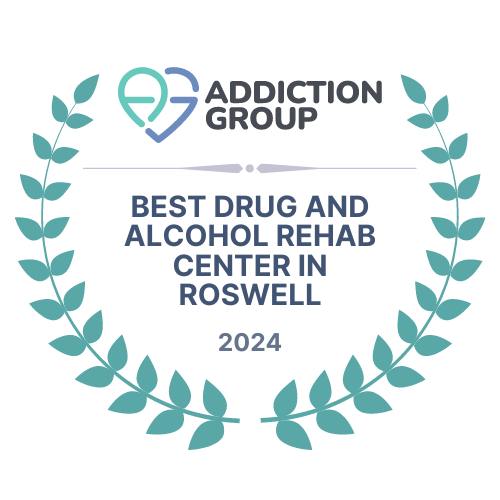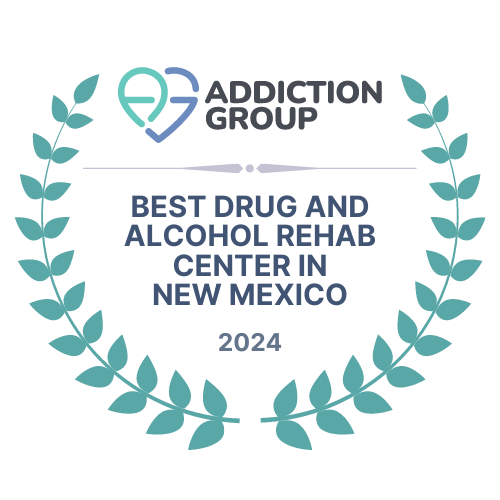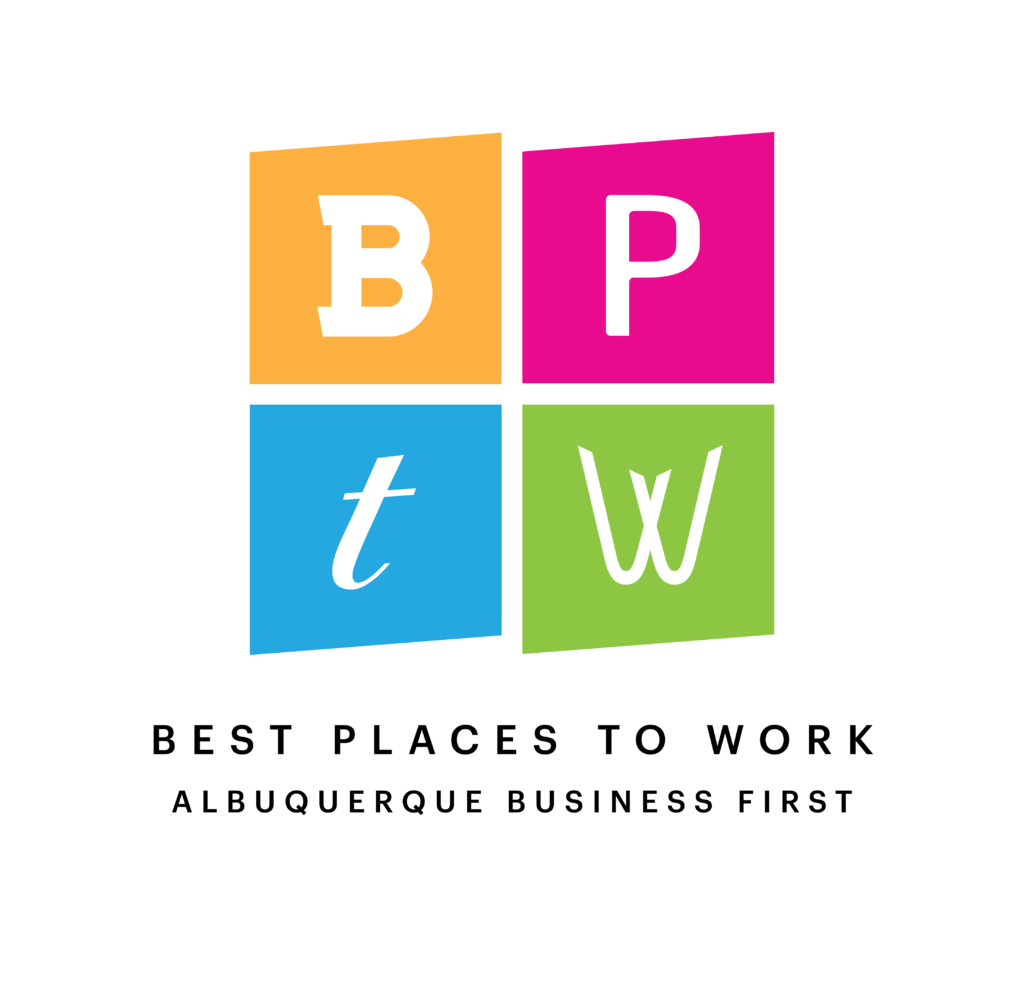Dual diagnosis, the co-occurrence of mental health disorders and substance abuse, presents unique challenges in treatment and recovery. This blog explores the complexities of dual diagnosis, emphasizing the need for integrated treatment plans to address both conditions concurrently.
Understanding Dual Diagnosis
Dual diagnosis refers to the simultaneous presence of a mental health disorder and a substance use disorder. Conditions like depression, anxiety, bipolar disorder, and PTSD often co-exist with addiction. The relationship between these disorders is bidirectional; mental health issues can lead to substance abuse as a form of self-medication, while addiction can exacerbate or trigger mental health problems.
Challenges in Treating Dual Diagnosis
Treating dual diagnosis is complex due to the interplay between mental health and substance use disorders. Symptoms can overlap, making diagnosis difficult. Additionally, each condition can affect the course and treatment of the other. For instance, untreated mental health issues can hinder recovery from addiction, while ongoing substance use can worsen mental health symptoms.
The Importance of Integrated Treatment
Integrated treatment approaches address both mental health and substance use disorders simultaneously. This method ensures that neither condition is neglected, which is crucial for successful recovery. Integrated treatment typically involves a combination of psychotherapy, medication, and support services tailored to the individual’s specific needs.
Psychotherapy Techniques
Various psychotherapeutic techniques are effective in treating dual diagnosis. Cognitive-behavioral therapy (CBT) helps individuals identify and change negative thought patterns and behaviors associated with both mental health and substance use disorders. Dialectical behavior therapy (DBT) focuses on teaching coping skills to manage emotional distress, which can reduce reliance on substances.
- Cognitive Behavioral Therapy (CBT): CBT is one of the most effective therapies for dual diagnosis. It helps individuals identify and change negative thought patterns and behaviors that contribute to both mental health issues and substance abuse. By developing healthier coping mechanisms and problem-solving skills, patients can better manage their symptoms and reduce the risk of relapse.
- Dialectical Behavior Therapy (DBT): Originally developed for borderline personality disorder, DBT has proven effective for dual diagnosis as well. It combines cognitive-behavioral techniques with mindfulness practices to help individuals regulate emotions, tolerate distress, and improve interpersonal relationships. These skills are crucial for managing the complexities of dual diagnosis.
- Motivational Interviewing (MI): MI is a client-centered approach that enhances an individual’s motivation to change. It is particularly useful in addressing substance abuse, as it helps patients explore their ambivalence about sobriety and build the desire to change. By fostering a collaborative relationship, therapists can guide individuals toward setting and achieving recovery goals.
- Integrated Group Therapy: Group therapy offers a supportive environment where individuals can share experiences and strategies for managing dual diagnosis. Integrated group therapy specifically addresses both mental health and substance use issues, providing a comprehensive approach to treatment. Peer support and shared learning are powerful tools in the recovery process.
- Trauma-Informed Therapy: Many individuals with dual diagnosis have a history of trauma, which can exacerbate both mental health and substance use disorders. Trauma-informed therapy recognizes the impact of trauma and integrates this understanding into treatment. Techniques may include Eye Movement Desensitization and Reprocessing (EMDR), which helps process and heal traumatic memories.
- Family Therapy: Family dynamics often play a significant role in both mental health and substance abuse. Family therapy involves working with the individual and their family members to improve communication, address dysfunctional patterns, and create a supportive home environment. This holistic approach can enhance recovery outcomes and rebuild relationships.
Medication Management
Medications play a vital role in managing symptoms of both mental health and substance use disorders. Antidepressants, anti-anxiety medications, mood stabilizers, and medications like methadone or buprenorphine for opioid addiction can be part of a comprehensive treatment plan. It’s essential for healthcare providers to monitor these medications carefully to avoid interactions and ensure effectiveness.
Supportive Services and Aftercare
Supportive services, including case management, vocational training, and housing assistance, are integral to treating dual diagnosis. These services address social determinants of health that can impact recovery. Aftercare programs, such as ongoing therapy, support groups, and 12-step programs, help maintain sobriety and manage mental health long-term.
Personal Stories of Recovery
Sharing stories of individuals who have successfully managed dual diagnosis can provide hope and motivation. These narratives often highlight the importance of integrated treatment, perseverance, and the transformative impact of comprehensive care.
Conclusion
Addressing dual diagnosis requires a nuanced, integrated approach that treats both mental health and substance use disorders simultaneously. Through a combination of psychotherapy, medication management, and supportive services, individuals can achieve and maintain recovery. By recognizing and addressing the unique challenges of dual diagnosis, we can improve outcomes and foster a more compassionate, effective treatment environment.
Our multidisciplinary team works collaboratively to develop personalized treatment plans that consider the unique needs and circumstances of each patient. By focusing on evidence-based practices and fostering a supportive, compassionate environment, we aim to help individuals achieve lasting recovery and improved mental health.
If you or a loved one is struggling with dual diagnosis, don’t hesitate to reach out to Renew Health. Our dedicated professionals are here to guide you through the recovery process, offering the support and resources needed to build a healthier, more fulfilling life. Together, we can address the challenges of dual diagnosis and pave the way for a brighter future. Contact us today to learn more about our programs and take the first step towards comprehensive, integrated care.








